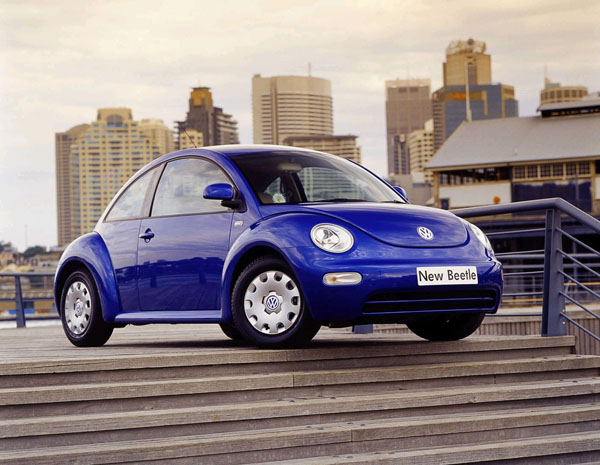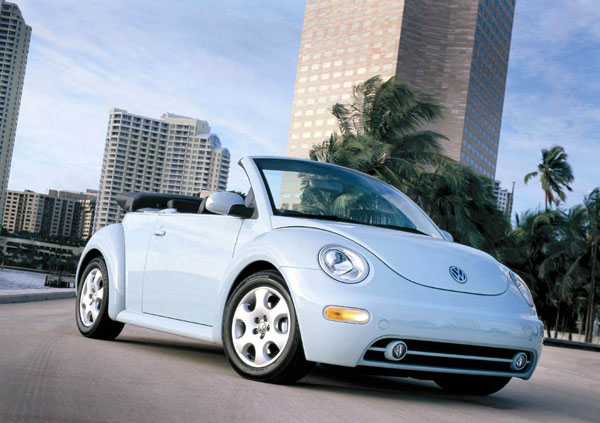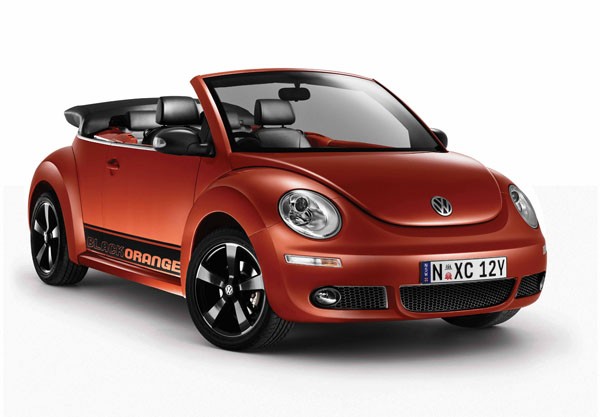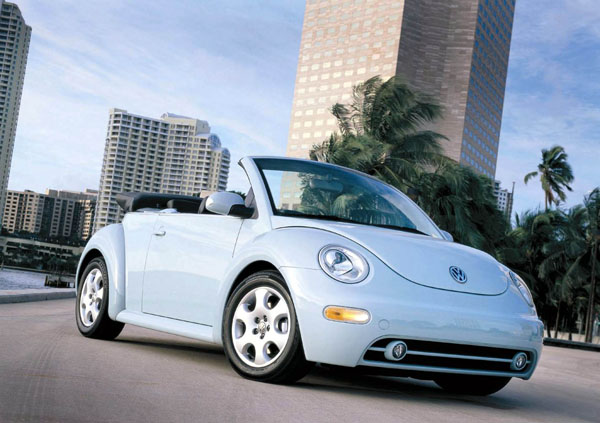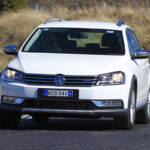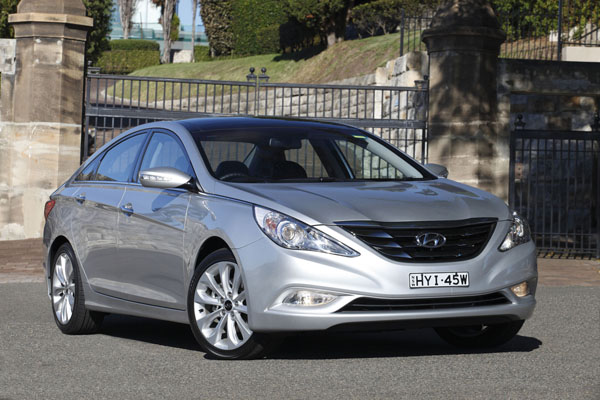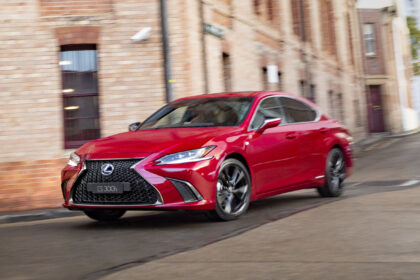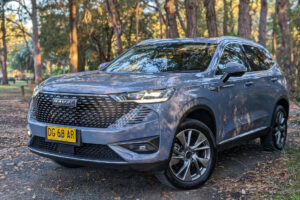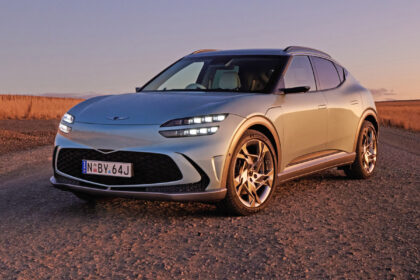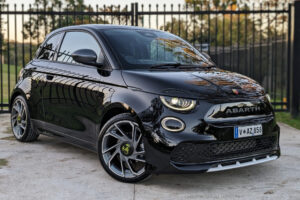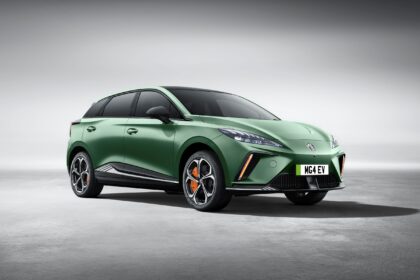During the 1960s and into the ‘70s the original VW Beetle was a major player in the Australian market. It was built here for most of that time and was often in the top three in the sales race; beaten only by Holden and Falcon. It grew increasingly out of date and was eventually replaced by the Volkswagen Golf.
When the New Beetle arrived in Australia in 2000 many past VW owners looked at it with loving eyes and fond memories. Some bought New Beetles for themselves, though more often than not they were purchased for a lucky wife or daughter.
Underneath the cute body of the New Beetle is a modified Volkswagen Golf platform, Golf components are also used in most of the mechanical areas of the car.
New Beetle is a three-door hatchback, but is better regarded as a a coupe because the back seat isn’t all that large. Luggage space is OK, but again it’s more coupe than hatchback in its capacity.
There’s also a cabriolet version, launched in 2003, that adds a new dimension in fun to the New Beetle range. The roof is an old style soft-top that folds down in a somewhat untidy bulky fashion when compared to modern cabriolets. Somehow this doesn’t matter in a retro car like this. Check out the big loss of rear vision during your own test drive.
All but the shortest of drivers will find themselves closer to the back windscreen than the front. There’s a huge dash panel that seemingly stretches forever in front of you and the windscreen pillars can confuse the view out.
The front seats are comfortable and support well. The dashboard and instruments are typically VW in being logically laid out and easy to read. Handling is good for a hatchback, but doesn’t really come into the sporting coupe class.
A variety of four-cylinder engines is mounted in the front (not the back) of the new Beetle. Both petrol and diesel powerplants are offered. The petrol units have capacities of 1.6, 1.8 or 2.0 litres, the diesel is a 2.0-litre unit. The 1.8 is turbocharged and is used in the Beetle Turbo.
Performance from the 1.6 may be marginal for some tastes, the 2.0 is generally regarded as a better choice. The Beetle Turbo has decent performance but isn’t really as sporty as it may appear. Because of its added weight the cabriolet uses only the 2.0-litre engine. The Beetle TDI diesel was introduced in 2005.
Transmission is to the front wheels and is through either a five-speed manual or four-speed automatic in most variants. The turbo-diesel comes only with a five-speed manual. The automatic from 2008 has six forward ratios so is a better bet if your budget can find the extra dollars.
A car like the New Beetle just cries out to be optioned up in special editions and the marketing guys haven’t disappointed. Examples are: Beetle Ikon, sold from 2002 until 2005; Beetle Miami (a hatchback, not the convertible the name suggests) from 2004; and the Beetle Sunshine, 2001 only. An interesting model called Black-Orange, with paints in those colours, was introduced in 2011 to help clear out the last of the old stock as sales had slowed in latter years.
A new generation of the Beetle arrived here in early 2013. While it retains many cues the shape introduced way back in 1936, the new new Beetle is less feminine than the original New Beetle. The stylists even say there are elements of the American hotrod in the lines of the car. If you use a bit of imagination you might just see that for yourself, particularly in the extended, flatter roofline.
The biggest and best changes in the 2013 Beetle are in the interior. There’s no longer the feeling you’re sitting in the back of the car and peering over a vast expanse of dashtop through a small windscreen. Interestingly, its semi-upright windscreen gives you better visibility than in many modern cars.
At this stage the only powerplant in the front of the latest Beetle is the familiar Volkswagen 1.4-litre Twincharger. This engine uses a supercharger and turbocharger to provide strong torque. It runs beside a double-clutch automated manual gearbox (DSG in VW terms).
Though the New Beetle has only sold in comparatively small numbers, it’s backed by one of the world’s largest car makers, many of its parts are borrowed directly from the Golf. This means spare parts and servicing are available in many places in Australia, not just in major cities.
Body panels are likely to be the only holdup if you need them a long way from a major population centre. Spare parts are about average in price for an imported midrange car.
You can do a fair bit of routine servicing of a New Beetle yourself. The underbonnet area is reasonably accessible and the layout restively simple,. Leave all the safety related items to the professionals.
Insurance charges are higher than average for a three-door hatch, but acceptable for a coupe sold in rather limited numbers. If your are considering a Turbo check whether your insurance company charges high premiums to cover it.
WHAT TO LOOK FOR
Interiors of Volkswagens generally stand up well, but some older cars that have been kept in the open continuously may suffer from drying out of dashboard tops. Cracks are a real no-no as repairs can be pretty expensive.
Check the interior of a New Beetle cabriolet carefully in case it has been caught in the rain with its top down. Get permission to lift the floor mats and move the seats out if you are suspicious.
Engines should start quickly (even the turbo-diesel, as it has fast-acting glow plugs). Listen for odd engine noises, especially when the oil hasn’t built up to its full pressure.
Look for smoke from the exhaust when the engine is worked hard, particularly on long uphill slogs.
Make sure a manual gearbox doesn’t baulk or crunch on fast downchanges. The clutch pedal should be reasonably light, even during these quick downchanges.
Check that automatic transmissions are positive in their shifts and don’t take too long to go into Drive or Reverse from Park or Neutral.
Feel and look for uneven tyre wear, particularly on the front wheels. Be aware that some sellers may swap tyres around to try and hide the wear. If in doubt, ask for professional help.
CAR BUYING TIP
Niche cars often lead gentle lives at the hands of loving owners. A fully maintained set of service books is an excellent indication this has occurred.




